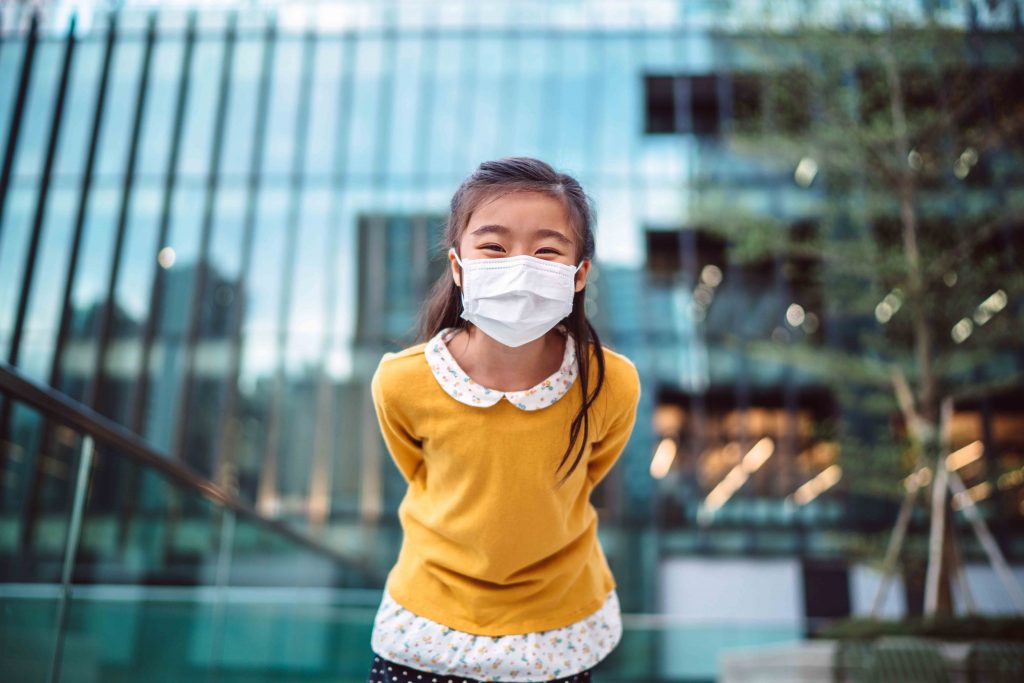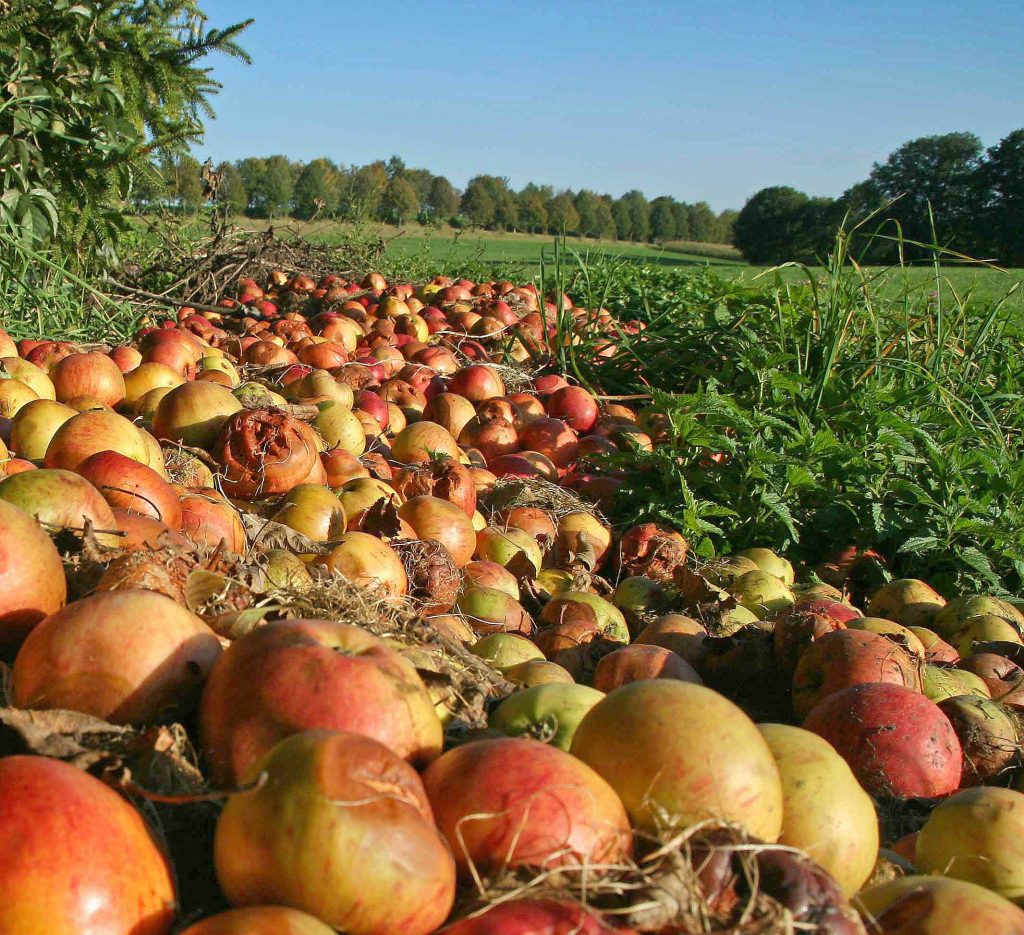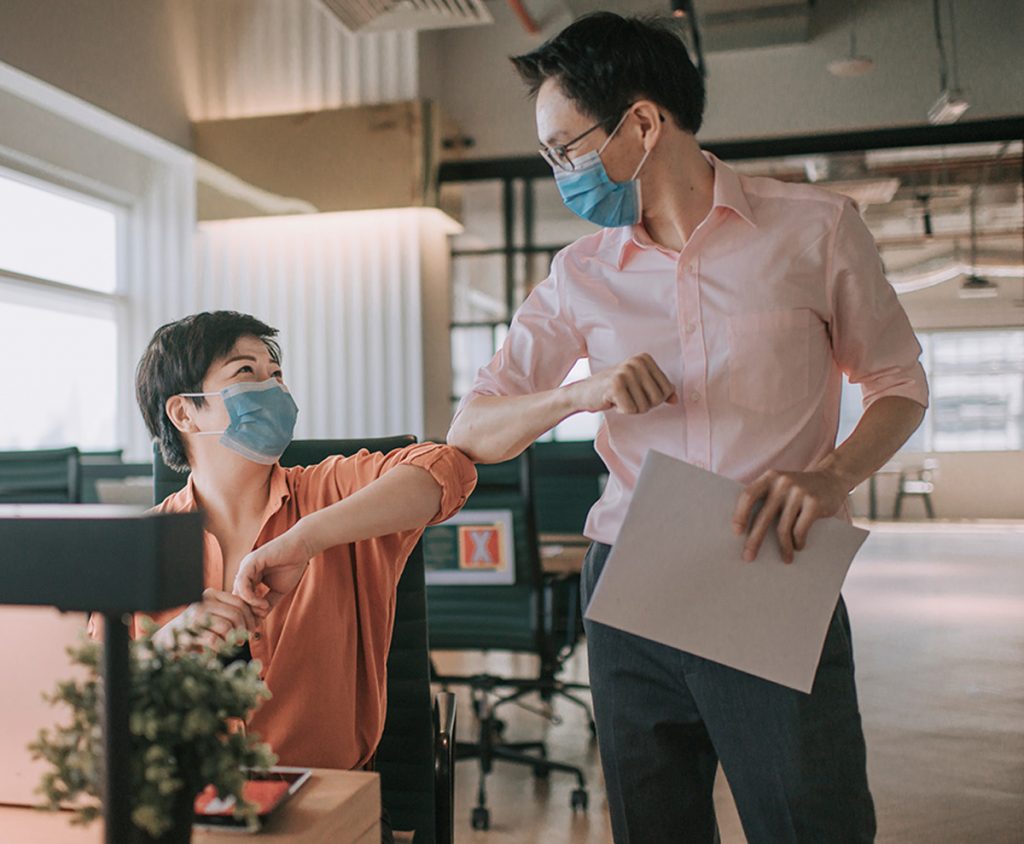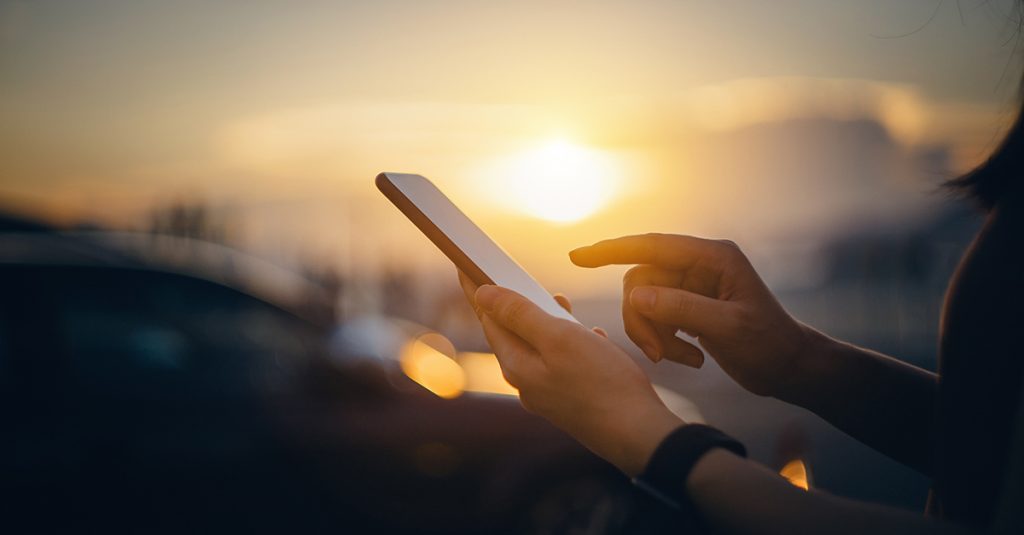
Onwards and Upwards
Covid-19 has changed the way small and medium businesses succeed through sustainability.
Periods of crisis trigger contemplative moments. They remind us to appreciate the things that help us get through emergencies, from friends and family who offer support, to the mechanisms designed that help keep us safe. A present crisis also prompts a heightened reflection on the future. How can we avoid potential crises that loom on the horizon? And if they are difficult to predict or impossible to dodge – like Covid-19 – can we at least minimize and manage their impact?

The Severe Acute Respiratory Syndrome (SARS) outbreak of 2002-2004 reinforced the worth of institutions that help us through a health crisis, from the medical supply industry to multinational organizations like the World Health Organization (WHO). Lessons learned from the global financial crisis in 2007-2008 demonstrate how we can mitigate future crises. An economic downturn caused by unrestrained risk-taking resulted in a safer and more risk-averse financial sector. Covid-19 is proving more impactful than any crisis so far this century.
This pandemic is kind of like the Spanish flu, or SARS, put together with the global financial crisis. A financial crisis can be handled with financial instruments. But this time around, I think it takes more than that.
Shee Tse Koon, Singapore Country Head at DBS Bank
Covid-19 is not just a financial crisis, and banks still play an essential role in navigating the pandemic, driving the recovery, and safeguarding the future.
Navigating the Present: Targeted Financing for In-demand Enterprises
News headlines report on the havoc that the pandemic is wreaking on business as consumption falls, but we hear little about the impact on companies experiencing the opposite.
Too much demand can be as bad for business as too little, including for major corporations like Dos Ni Roha, one of the largest providers of medical supplies in Indonesia. At the early stages of the outbreak, Dos Ni Roha experienced a massive surge in demand for its products, from vitamins and hand sanitizers to rapid testing kits and respirators.
Indonesia has one of the largest numbers of Covid-19 cases in Southeast Asia — and the highest death count. With funding secured from DBS Indonesia, Dos Ni Roha could ramp up production and make a series of ethical decisions quickly, such as keeping the prices of medical supplies at their pre-pandemic levels and disallowing monopoly purchases. Under the direction of Rudy Tanoesudibjo, owner and CEO of Dos Ni Roha, supplies were shared equally, ensuring no city received less than what they needed.

When it comes to responding to crises, every little bit helps. In Singapore and Malaysia, Boxgreen, a healthy snack provider and social enterprise supported by DBS Foundation, saw its online individual sales triple in March and April 2020 when most of the population worked from home. But regular large orders from office pantries plummeted, leading to a cash flow crunch. A loan from DBS Bank not only helped tide Boxgreen over by enabling them to pay their suppliers; it also made expansion more feasible.
Covid-19 has prompted large numbers of people to reconsider their health, especially as it disproportionately affects those with conditions exacerbated by poor diets. “Coronavirus is known to pose a significant risk to those with pre-existing health conditions such as diabetes and heart disease and has generally raised the level of health-consciousness amongst many people,” says Andrew Lim, co-founder of Boxgreen, which he believes contributed to the increase in demand from individuals for their products. Predicting sustained interest in healthy snacking for years to come, Boxgreen is thinking about how they can serve more people by launching more products and determining new channels for distribution.

Safeguarding the Future: Catalyzing Sustainable Practices
Sustainability is key to mitigating future crises, and some financial institutions are keen to build this into their loan mechanisms. “The core value of a sustainability-linked loan is to incentivize and reward corporations to advance their sustainability agenda,” explains Tony Luo, Head of Institutional Banking at DBS Taiwan. This concept was put into practice with the loan agreement between DBS Taiwan and AU Optronics (AUO), a display manufacturer that innovates the technology powering television and computer screens.
The idea is pragmatic and straightforward. First, the loan is evaluated based on a range of sustainability factors, such as environmental protection and social impact. Second, the interest rate is pegged to sustainability performance targets. Once those targets are reached, the interest rate can be reduced.
AUO’s sustainability-linked loan was the first of its kind in Taiwan, as well as in Asia Pacific for an IT company. Corporations are increasingly looking to adopt more sustainable practices in their operations, and this pioneering agreement lays the groundwork for more sustainability-linked loans in the future.

Environmental considerations take centerstage in sustainability-linked loans, reflecting that climate change is an urgent crisis. Financial institutions can also help mitigate a future environmental emergency by prioritizing investment for green energy projects. For example, in April 2020, a syndicate of local banks and international financial institutions provided financing to Taiwan-based Chenya Energy to construct the territory’s largest floating solar project in Changhua.

“In a crisis, everyone has a role to play,” wrote Piyush Gupta, CEO of DBS Bank, the joint financial advisor and mandated lead arranger for the floating solar project, in The Straits Times. If financial institutions want to behave “as responsible members of the community, there are no two ways about it.”
READ MORE





